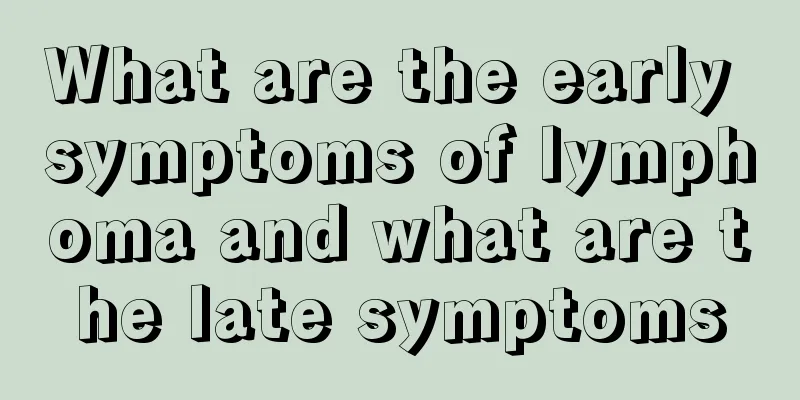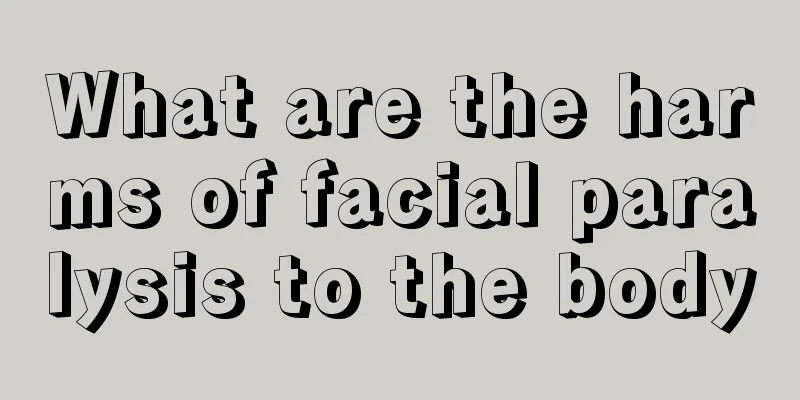Causes of auditory nerve damage

|
Because we have hearing, we can hear moving songs, greetings from loved ones and all kinds of wonderful sounds in nature. Therefore, hearing is one of the most precious treasures God has given to humans. But if our auditory nerves are damaged, we are in danger of losing an important treasure. So what causes damage to our auditory nerves? Let me tell you, I hope you will pay more attention in the future. Noise can damage the auditory nerve. The pathway of sound conduction is as follows: sound signals pass through the external auditory canal - eardrum vibration - auditory ossicles (malleus, stapes, incus) - inner ear fluid vibration - cochlear hair cells produce electrical impulses - auditory nerve - central sound receptors in the brain, and then we hear the sound. If there is a problem in any part of this process, no sound may be heard. There are two main types of damage to hearing caused by sound: one is sudden loud noise, such as setting off firecrackers; the other is chronic noise, which occurs when working under high noise for a long time and the hearing is damaged unknowingly. Stress is likely to cause sudden deafness, a type of sensorineural hearing loss, which is characterized by a sudden loss of hearing in one ear, and may be accompanied by tinnitus, a feeling of stuffiness in the ear, etc. Pathogenesis: Stress, fatigue, emotional excitement, viral infection and other factors lead to increased secretion of adrenaline in the body, spasm and contraction of small arteries in the inner ear microcirculation, leading to ischemia and hypoxia of the inner ear, causing inner ear lesions, damage to the sound-sensing part of the inner ear, and hearing loss. Commonly used antibiotics that can damage the auditory nerve include streptomycin, dihydrostreptomycin, gentamicin, kanamycin, puromycin, neomycin, vancomycin, tobramycin, and kasugamycin. Some other commonly used drugs can also damage the auditory nerve and cause deafness, such as aspirin, furosemide, propranolol, uric acid, quinidine and anticonvulsants. If these drugs are used in combination, the incidence of adverse drug reactions will increase due to drug interactions. If your auditory nerves have been damaged, please don't be sad. Modern medicine is so advanced that we can use hearing aids to hear sounds, and we can also implant cochlear implants to let everyone hear the wonderful sounds of the world again. Finally, the editor hopes that everyone can protect their hearing well. |
<<: What to do if your hair becomes oily easily
>>: How to repair the sympathetic nerves
Recommend
What to do if laser freckle removal leaves sequelae
After using laser to remove spots, there will be ...
How long can an 80-year-old with colon cancer live
How long an 80-year-old colon cancer patient can ...
What vitamin is lacking when the skin itches
If your skin often itches, it is likely that you ...
Thyroid nodules become larger, timely treatment to control the disease
When thyroid nodules become larger, a series of c...
How to eat avocado to make it taste good
When eating fruits, you must wash them clean. If ...
Symptoms of urinary tract tumors
The urethra is a very important part of the human...
What tests should be done for nasopharyngeal cancer?
What tests should be done for nasopharyngeal canc...
What medicine to take for urinary stones
The renal tubule is a part of the kidney. Its mai...
What vitamins should I take if I have poor eyesight
Vitamin A is very good for human vision. Regularl...
Symptoms of breast edema
Girls' breasts may develop many diseases, suc...
How long does it take for wrinkle removal injections to take effect
Wrinkles are the biggest killer of youthful beaut...
How to use avocado eye cream effectively
In fact, in addition to being rich in nutritional...
How to quickly eliminate abdominal bloating
Abdominal bloating is a common clinical problem. ...
Does salmon have parasites
Salmon is a fish that is very suitable for eating...
How to check for cervical precancerous lesions? Five causes of cervical precancerous lesions
In recent years, the incidence of cervical cancer...









